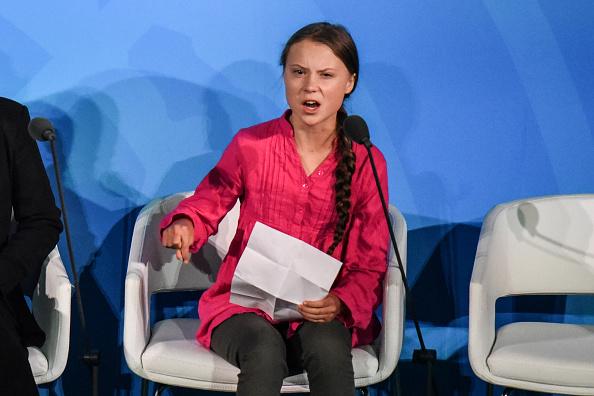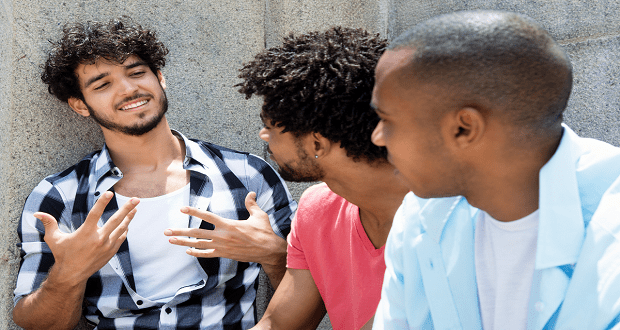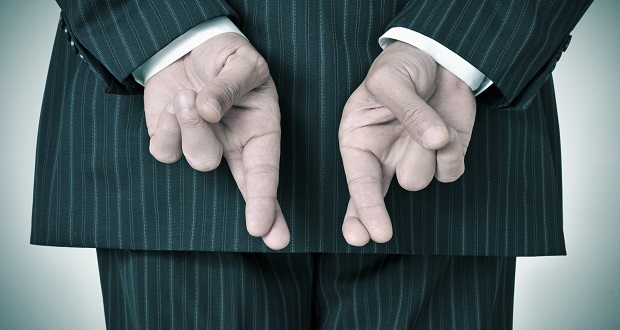
“How dare you,” Greta Thunberg, a 16-year-old from Sweden scolded the esteemed, erudite generations her senior who assembled for the United Nations Climate Action Summit earlier this week. Last Friday, she led one of the largest organized protests against government and business leader’s inaction on climate change. Millions of young people from 150 countries skipped school last Friday in advance of the Summit to send a message to adults that they want a future. Greta started skipping school on Fridays last year to protest outside the Swedish Parliament. Now, thousands of young people are part of the movement, called Fridays for Future, a strike every Friday to demand more aggressive action from their governments and the international community. She told the world leaders, “you are stealing our dreams, and you have no right to do so.”
While this is the most recent example of young people taking the lead on social change, it is certainly not unusual. Reminiscent to Greta’s UN debut on climate change, in 1992 a 12-year-old, Severn Suzuki, from Vancouver, British Columbia spoke at the UN’s Earth Summit where she gave a powerful speech on environmental issues. At age 9, she and some friends started the Environmental Children’s Organization (ECO), a small group of children committed to learning and teaching other kids about environmental issues.
There are numerous examples of young people taking up the mantle to protest injustices. Children coal miners marched from Philadelphia to New York in 1903 to protest child labor. From the Civil Rights movement of the 60’s, Anti-Vietnam War protests, Tiananmen Square, Arab Spring, Dakota Access Pipeline Protests, Parkland, Black Lives Matter, and Hong Kong’s recent unrest, youth have taken the lead. In all these instances, it was high school and college-aged young people who galvanized the protests. At the very core of them all is the popular refrain heard from this week from Greta: “We want a future.” Whether it be about civil rights, water rights, climate change, gun control, police brutality, or repressive government regimes, young people have led the way to shine light on issues where their elders seem to selfishly lobby for the status quo or drag their feet in enacting real change. Severn, at 12 years old, spoke before the United Nations in 1992 about the environment, and Greta has returned to lobby for the same issue in 2019. What, we might ask, has really changed in 27 years?
Whether it be about civil rights, water rights, climate change, gun control, police brutality, or repressive government regimes, young people have led the way to shine light on issues where their elders seem to selfishly lobby for… Click To Tweet
So, why is it always young people who spearhead protests for social change? Is it that they have more to lose than the oldest generation who will likely not be around to see the ramifications of inaction? Is it because those in power are not impacted by the issues that the youth are fighting for? Is it because young people are idealistic and do not have the experience of their elders to realize that change takes time? Is it that our youth are simply wise beyond their years and wiser than we adults are willing to give them credit for?
So, why is it always young people who spearhead protests for social change? Is it that they have more to lose than the oldest generation who will likely not be around to see the ramifications of inaction? Click To TweetYouth throughout history, and especially today, have reasons to feel disenfranchised. Those who don’t feel empowered or have the ability to join protests and movements aimed at making the world more civil and livable, too often turn to destructive choices such as substance use and lead to mental health concerns such as suicide and depression. Opioid use has tripled for teens and children and is often linked to depression. Additionally, suicide rates among youth 15-24 are the highest they have been since 1960.
Is it that our youth are simply wise beyond their years and wiser than we adults are willing to give them credit for? Click To TweetChildren are experiencing levels of trauma today that we as adults should not only be ashamed about but should be urgently trying to fix. We are stealing their youth. Children should be having fun, being loved, in safe schools and homes where they are nurtured, protected, not fearing for their very lives.
So, what can we do to engage and fight for social change with our youth, to dismantle the systems that create trauma and hardship in our world?
- Subscribe to and act on the check list posted every week with the American’s with Conscience website to stay up-to-date and engaged.
- Seek out a young person who does not have support and love in their life to mentor and care for. There are numerous youth- serving organizations that need volunteers.
- And finally, stand with young people who protest for social justice. Provide resources, emotional support and use your power as an adult to drive change.


















